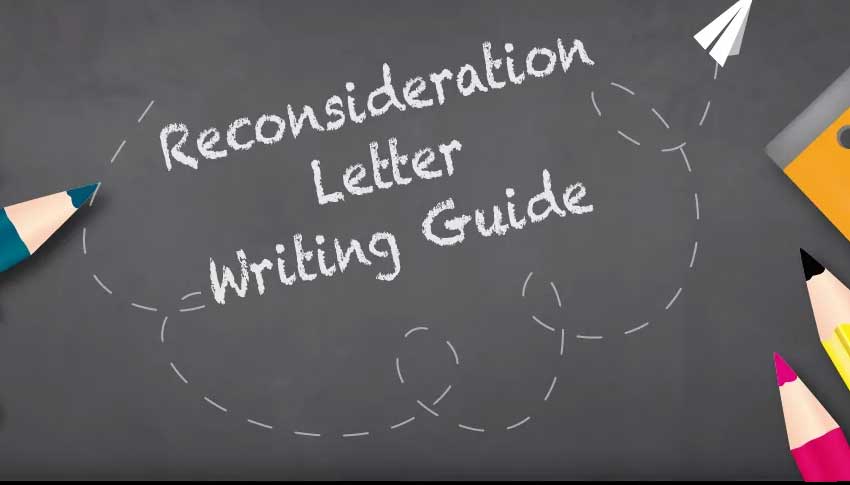Reconsideration is very similar to an appeal and takes place when there is disagreement with a decision previously made and there are arguments necessary to appeal such a ruling and evaluate it from other perspectives.
A reconsideration letter is a resource that is appealed when it is firmly intended to formalize before an authority, government entity, agency or company a disagreement regarding a judgment, decision or decision that has been taken either to challenge it or to least negotiate its terms and execution.
A letter of reconsideration must be formal, objective, sensible and supported by arguments, as well as a letter of appeal to a judge.
When an individual, group or organization appeals to a decision made on evidence that feels unjust or false, a letter of appeal takes place.
A letter of reconsideration is very frequent in academic environments, when you want to appeal the decision of a university council or collegiate body. It is also common to direct it to a bank or financial institution when you do not agree with the terms of approval or the decision regarding a financing request.
Another scenario where a letter of reconsideration is feasible is in the business field, when you do not agree with the terms proposed by a supplier or the resolution of any state, federal or city council authority, regarding taxes or fines.
What you should keep in mind when writing a reconsideration letter
A letter of reconsideration, must take into account several factors. The writer must use a tone that shows security without showing outrage over the decision appealed. At the same time, you must work logical arguments without allude to the emotional or rumors to present the case.
It is highly recommended that a letter of reconsideration be accompanied by supports or precautions previously omitted due to lack of precision or focus and that validate the appeal.
A letter of reconsideration must:
- Interpose in writing, with a specific statement of the reasons for disagreement.
- Issue in the next few days after the decision or resolution has been taken and notified.
- Contain in a concrete and clear manner the points or terms in which you are dissatisfied.
- Include the allegations and documentation on which you base your arguments.
- It must be signed by the individual or group to whom the decision or judgment directly affects, not by third parties or representatives.
According to the site letterwritingguide.com a reconsideration letter can be written in the format of a business letter. If sent by email, your structure can be maintained by omitting the header. Given this particularity, it is advisable to scan the signed document and attach it.
Address the recipient professionally in the introduction. Do not use familiarity by using informal titles and first names.
An example of the introduction of an appeal letter, in the academic field can be:
“Distinguished Academic Committee of the Faculty of Sciences of the University of… I go to that instance very respectfully in order to file an appeal for reconsideration on the term terms indicated in Resolution Number 1234 dated…”
Continue explaining the circumstances surrounding the appeal clearly and concisely. Refrain from expressing too much emotion in your writing and avoid describing the emotional and mental effects of the decision appealed.
Make a transition in the main body of the appeal letter by listing the specific arguments that validate your request to reconsider.
Explain the arguments of your appeal logically and clearly. Be concise and go straight to the point. If you can support yourself in regulations, regulations, laws or direct antecedents you will increase your possibilities of reconsideration of your case.
Finish by rethinking your position, as well as the reasons for it.
Add a caveat at the end that connotes a degree of humility and good will for example: “… I hope to continue contributing with my performance to the synergy of the project as long as the deadlines are the most reasonable and adjusted to the learning curves.”
Although first-person writing in this type of format and given the reasons is inevitable, try to minimize it. This will force your approach to be logical and much more formal and objective.
Make sure you mention the positive aspects of the treatment you have with the recipient of the letter. Do not limit yourself to enumerating your disagreements and complaints, that will bring neutrality and seriousness.
